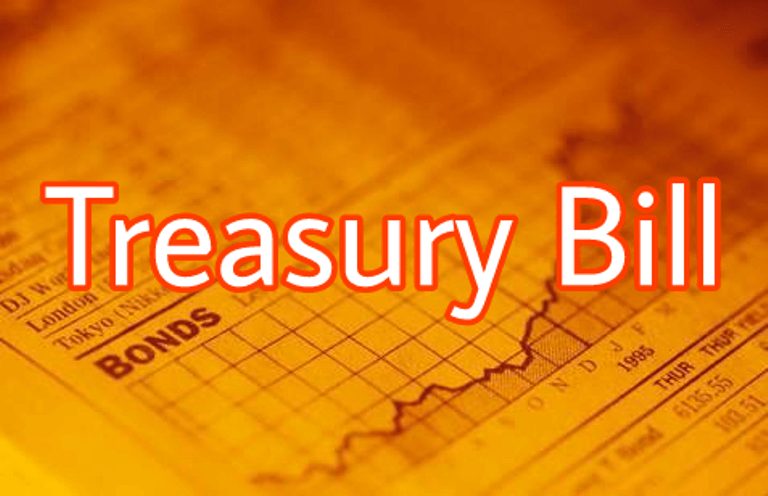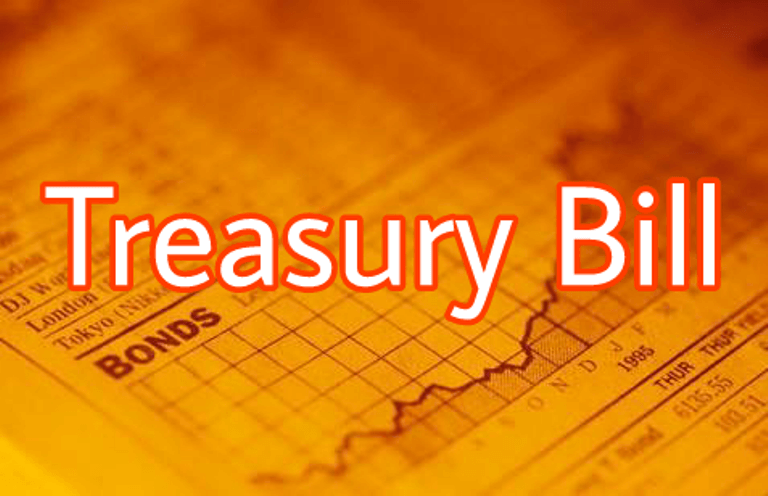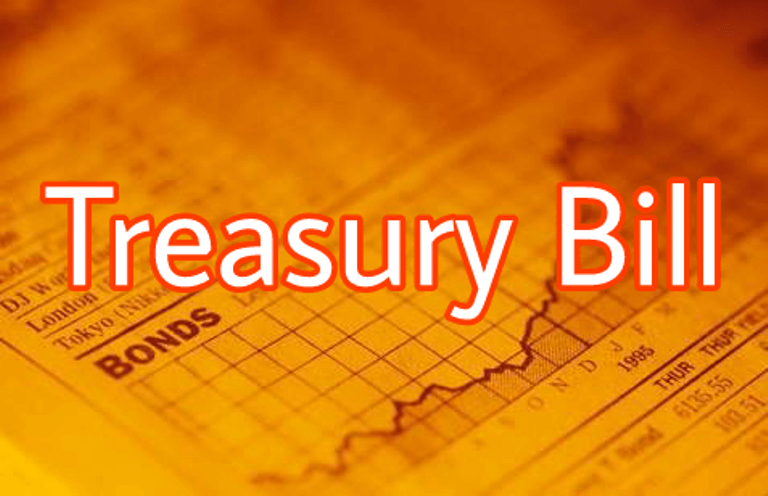When it comes to investing in government securities in Ghana, Treasury Bills (T-bills) and Treasury Bonds are two of the most popular options. Both are issued by the Government of Ghana through the Bank of Ghana and are considered low-risk investments. However, they serve different purposes and cater to different investment goals. In this blog post, we’ll break down the key differences between Treasury Bills and Treasury Bonds to help you decide which one is right for you.
What Are Treasury Bills and Treasury Bonds?
Treasury Bills (T-bills)
- Definition: Short-term debt instruments issued by the Government of Ghana to raise funds for immediate needs.
- Tenor: Typically 91 days, 182 days, or 364 days.
- Interest Payment: Zero-coupon securities, meaning they are sold at a discount and redeemed at face value. The difference between the purchase price and face value is the investor’s return.
Treasury Bonds
- Definition: Long-term debt instruments issued by the Government of Ghana to finance long-term projects and obligations.
- Tenor: Usually 2 years, 3 years, 5 years, 7 years, or longer.
- Interest Payment: Pay periodic interest (coupon payments) to investors, usually semi-annually or annually, and return the principal at maturity.
READ ALSO:
Key Differences Between Treasury Bills and Treasury Bonds
| Feature | Treasury Bills (T-bills) | Treasury Bonds |
|---|---|---|
| Tenor | Short-term (91 days to 364 days) | Long-term (2 years to 15+ years) |
| Interest Payment | No periodic interest; sold at a discount | Periodic interest payments (coupons) |
| Risk Level | Low risk | Low risk, but slightly higher due to tenure |
| Liquidity | Highly liquid (short maturity) | Less liquid (longer maturity) |
| Investment Purpose | Ideal for short-term savings and liquidity | Ideal for long-term savings and income |
| Returns | Lower returns compared to bonds | Higher returns due to longer tenure |
| Taxation | Interest is tax-free | Interest is taxable |

Detailed Comparison
1. Tenor (Investment Duration)
- T-bills: Designed for short-term investments, with tenors ranging from 91 days to 364 days. They are ideal for investors who need quick access to their funds.
- Treasury Bonds: Designed for long-term investments, with tenors ranging from 2 years to 15 years or more. They are suitable for investors with a long-term financial horizon.
2. Interest Payments
- T-bills: T-bills are zero-coupon securities, meaning they do not pay periodic interest. Instead, they are sold at a discount to their face value, and the investor earns the difference as interest when the T-bill matures.
- Example: If you buy a 91-day T-bill with a face value of GHS 10,000 at a discount rate of 12%, you’ll pay GHS 9,696.64 upfront and receive GHS 10,000 at maturity, earning GHS 303.36 in interest.
- Treasury Bonds: Bonds pay periodic interest (coupon payments) to investors, usually semi-annually or annually. At maturity, the principal is returned to the investor.
- Example: If you buy a 5-year bond with a face value of GHS 10,000 and a coupon rate of 15%, you’ll receive GHS 750 every six months (GHS 1,500 annually) and get back your GHS 10,000 at the end of 5 years.
3. Risk Level
- Both T-bills and Treasury Bonds are considered low-risk investments because they are backed by the Government of Ghana. However, Treasury Bonds carry slightly higher risk due to their longer tenure, as economic conditions and interest rates can change over time.
4. Liquidity
- T-bills: Highly liquid due to their short maturity periods. Investors can easily access their funds within a few months.
- Treasury Bonds: Less liquid because of their longer tenure. However, they can be sold on the secondary market, though this may affect the price and returns.
5. Investment Purpose
- T-bills: Ideal for investors looking for a safe place to park their money for a short period while earning modest returns. They are also suitable for individuals who prioritize liquidity.
- Treasury Bonds: Ideal for long-term investors seeking steady income through periodic interest payments. They are also a good option for retirement planning or funding long-term goals.
6. Returns
- T-bills: Generally offer lower returns compared to Treasury Bonds due to their short tenure.
- Treasury Bonds: Offer higher returns because of the longer investment period and periodic interest payments.
7. Taxation
- T-bills: Interest earned from T-bills is currently tax-free in Ghana, making them more attractive for short-term investors.
- Treasury Bonds: Interest earned from Treasury Bonds is subject to taxation, which reduces the net returns for investors.
- BoG Treasury Bill Rate This Week 21st July 2025 in Ghana

- Buying Government Of Ghana Treasury Bills Outside Ghana

- Payday Loans Online Your Deadline To Financial Emergencies

- Top 5 Side Hustles to Beat Load-Shedding in South Africa

- 7 Ways To Start Freelancing in South Africa: A Step-by-Step Guide for 2025

- Affiliate Marketing in South Africa: Best Programs for Beginners 2025

Which Should You Choose?
The choice between Treasury Bills and Treasury Bonds depends on your financial goals, investment horizon, and risk tolerance:
- Choose T-bills if:
- You need a short-term investment.
- You prioritize liquidity and quick access to funds.
- You want tax-free returns.
- Choose Treasury Bonds if:
- You have a long-term investment horizon.
- You want steady income through periodic interest payments.
- You are comfortable with a longer commitment.
Conclusion
Both Treasury Bills and Treasury Bonds are excellent investment options in Ghana, offering low-risk opportunities to grow your money. While T-bills are ideal for short-term savings and liquidity, Treasury Bonds are better suited for long-term income generation and financial planning.
By understanding the differences between these two instruments, you can make informed decisions that align with your financial goals. Whether you’re a conservative investor looking for safety or a long-term planner seeking steady returns, Ghana’s government securities have something to offer.
Ready to invest? Visit your nearest bank or primary dealer to get started with Treasury Bills or Treasury Bonds today!
Disclaimer: This post is for informational purposes only and does not constitute financial advice. Please consult a financial advisor before making any investment decisions.






One Comment
Comments are closed.